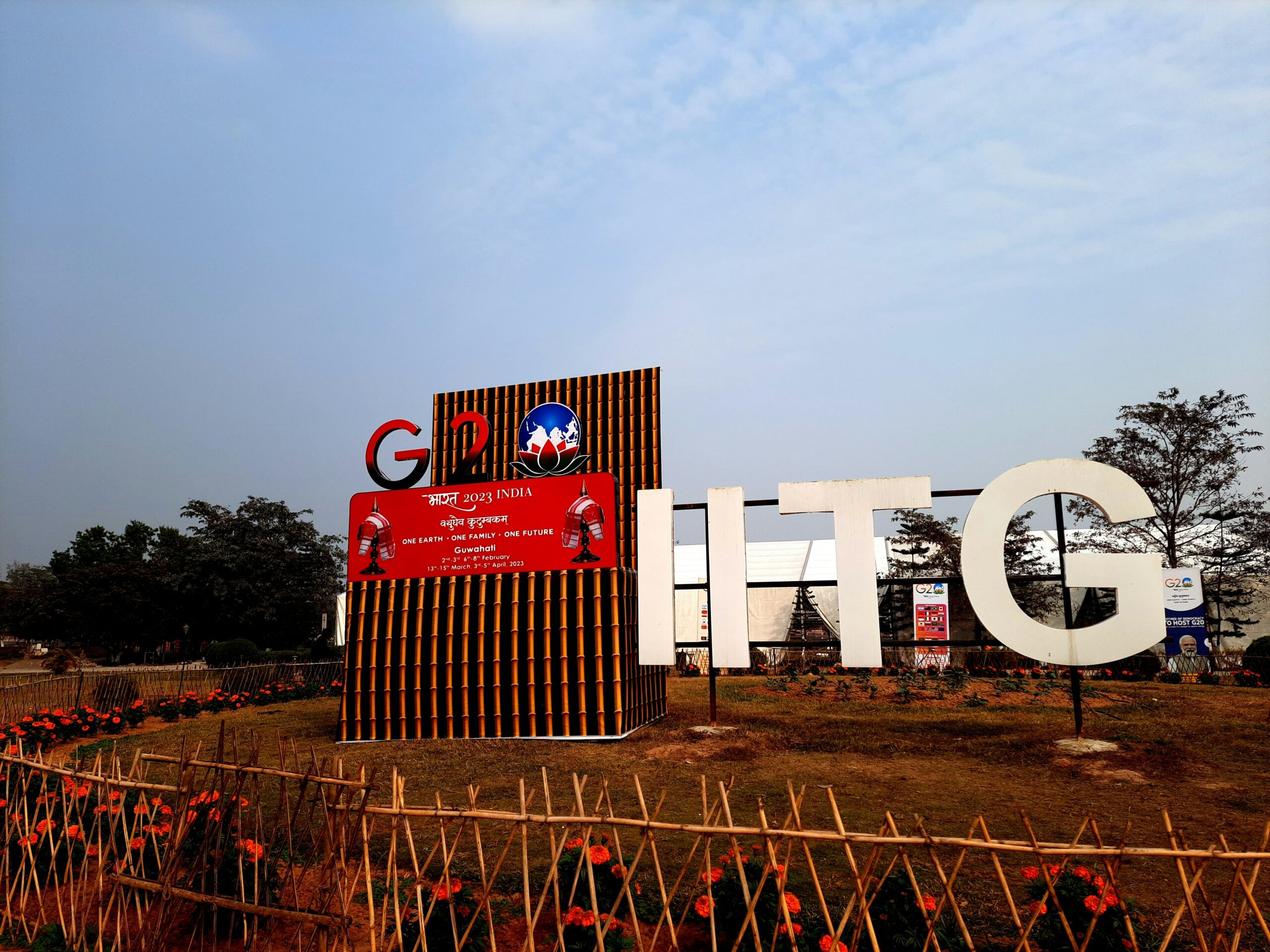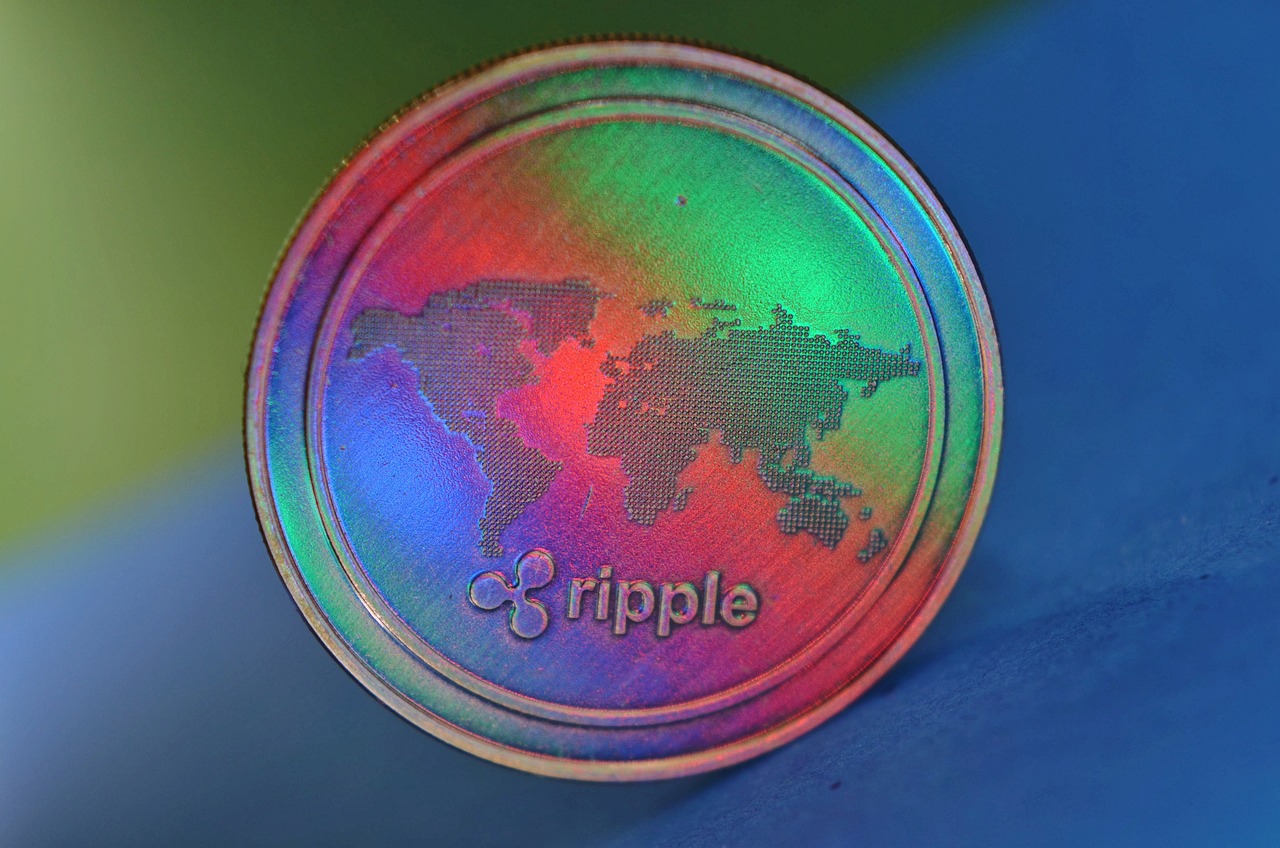The 2024 G20 Summit, held in Rio de Janeiro, Brazil, wrapped up today with a series of high-level agreements aimed at addressing some of the most urgent global issues, including economic recovery, climate change, and ongoing geopolitical tensions. This year’s summit, which brought together leaders from the world’s 20 largest economies, marked a critical moment for multilateral diplomacy as countries continue to navigate the complex landscape of post-pandemic recovery, inflationary pressures, and growing environmental concerns.
Key Agreements on Climate Action and Energy Transition
One of the most anticipated outcomes of the summit was the renewed commitment to tackling climate change. As global temperatures rise and the impact of climate-related disasters increases, world leaders agreed to a series of ambitious targets aimed at curbing carbon emissions and accelerating the transition to renewable energy. A landmark agreement was reached to boost investments in clean energy infrastructure, particularly in emerging economies, where reliance on fossil fuels remains high.
The G20 nations pledged to increase funding for sustainable energy projects, with a focus on expanding access to solar, wind, and hydroelectric power. Additionally, the agreement includes a framework for developed nations to provide financial and technological assistance to developing countries, ensuring they can transition to cleaner energy sources without compromising economic growth. This move was hailed by environmental advocates as a positive step toward meeting the goals of the Paris Agreement, although some critics argue that the commitments fall short of what is needed to keep global warming below 1.5°C.
Addressing Inflation and Economic Recovery
Another key focus of the summit was the global economy, which continues to struggle with high inflation and slow recovery in the aftermath of the COVID-19 pandemic. Central bankers and finance ministers from the G20 nations discussed measures to stabilize inflation, which has been driven by supply chain disruptions, energy price fluctuations, and geopolitical conflicts, particularly the ongoing war in Ukraine.
The summit resulted in an agreement to coordinate monetary and fiscal policies to control inflation while supporting economic growth. The International Monetary Fund (IMF) and World Bank were tasked with developing a roadmap to assist countries facing severe economic crises, particularly in the Global South. Leaders also highlighted the need to strengthen global trade and reduce tariffs to stimulate economic activity.
The rising cost of living has been a major concern, with inflation rates reaching double digits in several countries. To address this, the G20 nations proposed measures to stabilize food and energy prices, which have been significantly affected by the war in Ukraine and supply chain issues. The creation of a global food security fund was discussed, aimed at supporting nations facing food shortages due to disruptions in agricultural production.
Geopolitical Tensions and Calls for Peace
Geopolitical issues also dominated the summit, with world leaders discussing ongoing conflicts and the need for peaceful resolutions. The war in Ukraine remained a central topic, with Western nations reiterating their support for Ukraine while urging a diplomatic solution to the conflict. The summit’s final communiqué included a call for an immediate ceasefire and a return to negotiations, although no concrete plan was laid out.
In the Middle East, rising tensions between Israel and Palestine were also addressed. Leaders expressed concern over the recent escalation of violence and called for renewed peace talks under international mediation. While no formal agreements were reached, the G20 emphasized the importance of diplomatic solutions and the need to prevent further destabilization in the region.
A Focus on Global Health and Pandemic Preparedness
Health issues were not sidelined during the summit, as leaders recognized the continuing effects of the COVID-19 pandemic and the importance of preparing for future global health crises. A key takeaway was the agreement to establish a Global Pandemic Fund, which would be jointly managed by the World Health Organization (WHO) and the World Bank. This fund aims to provide rapid financial support to countries facing outbreaks of infectious diseases, ensuring they have the resources needed to contain and mitigate the spread.
The summit also included discussions on the need for equitable distribution of vaccines and medical supplies, particularly in low-income countries. Despite the successes of vaccination campaigns in much of the world, some regions, particularly in Africa and Southeast Asia, continue to face challenges in accessing vaccines. The G20 leaders pledged to increase funding for global health initiatives and to support the development of regional production capabilities for vaccines and essential medicines.
Criticism and Future Challenges
While the agreements reached at the G20 Summit were widely praised, there was also criticism from various quarters. Environmental activists pointed out that while the climate commitments are a step in the right direction, they may not be sufficient to avert the worst impacts of climate change. Additionally, some analysts argued that the economic measures agreed upon at the summit do not adequately address the deep structural inequalities that have been exacerbated by the pandemic.
The G20 leaders now face the challenge of turning their commitments into tangible actions. The road ahead will require sustained cooperation, political will, and substantial financial resources to ensure that the agreements reached at the summit lead to meaningful change.

